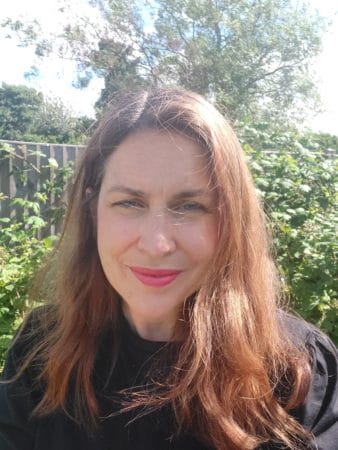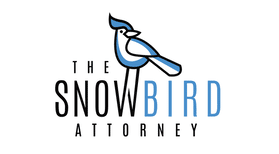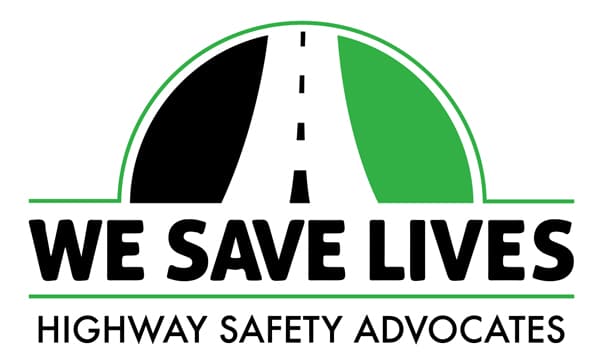
Having a meaningful life post injury is important. My name is Anna Leggett and I live in East Anglia in the UK. In November 2016 I was involved in a rear-end collision when my car was hit by a large SUV. I sustained a mild brain injury and a musculoskeletal injury to my head, neck, shoulder and back. I have made a good recovery but I do still have daily neurological and pain symptoms which I’ve thankfully learnt to manage and minimize for the most part.
I believe there are so many things we can do to help us heal and live a meaningful life post injury. In my article I would like to share 10 tips for survivors of auto crashes.
- Obtain the healthcare assistance you need as quickly as possible. The sooner you get the right help, the better your recovery will be. This refers to not only physical and brain injuries but also psychological injuries. Choose healthcare providers wisely and find the best people for you. Consider not just mainstream options but also alternative therapies that resonate with you.
- Empower yourself on your recovery journey. Educate yourself as much as you can about your particular injuries and healing treatments for them. You know your symptoms and challenges better than anyone else. Question things. If something isn’t working or you don’t find the healthcare provider sympathetic or understanding, then go elsewhere. Take charge of your own health and healing journey.
- Emotions such as grief, guilt, sadness and anger are understandable after a traumatic and life-changing event. Emotional healing is a process and takes a different length of time for each individual. If you find yourself stuck and unable to move on, then do see a counselor or therapist. You can’t go back and change what happened but you can use what has happened to you to shape a meaningful and fulfilling future. Those feelings do become less intense over time and they may pass altogether. Acknowledge them when they arise but then choose to make the most of the rest of your life.
- Believe that you can heal and improve every day. You are not stuck where you are. Harness the power of neuroplasticity for your mindset and recovery and create positive neural pathways in your brain. Build mental as well as physical strength.
- Be inspired. Seek out inspiring and positive stories of others who have overcome difficulties. Read books about inspiring people. Focus on what you can do and not on what you can’t. Find motivational quotes and put them up around you in the house or write them down.
- Hire the best specialist lawyer for your particular injuries that you can. Don’t underestimate how stressful the legal process can be and how that can impact you. Having a good lawyer will minimize this stress. Compartmentalize your legal case and don’t let it spill into your everyday life. When you’re not having to deal with it then mentally file it away so that you can focus on other aspects of your life.
- Don’t be too proud to ask for help. Reach out to friends, family, neighbors, counselors, healthcare providers and helplines. Join a local support group or social media groups for your particular issues. Be honest about your struggles and the things you need help with. Don’t try to do everything yourself and don’t hide away. Research shows that loneliness is more harmful than smoking.
- Make self-care a priority and put yourself first. Develop healthy lifestyle practices such as healthy eating, regular exercise, getting outdoors, journaling and doing new things. Be gentle and kind with yourself. Do things that make you happy. Spend time with the people you love and who care about you and minimize time spent with people who don’t understand you and drain you. You need all the energy reserves you have for your recovery.
- Learn and practice mindfulness and breathing techniques. You can try breathing in for a count of 6 and out for 10 a few times. Become more self-aware and notice how you are feeling. Notice your surroundings and try and bring yourself into the present. This will all help you to reduce anxiety.
- When you are ready, reach out to others and share your experiences post injury. This could be through local support groups, charities, with a blog or via social media. Research shows that helping others not only has obvious benefits for the recipients but has health benefits for you. It will also help to build your confidence and self-esteem. Your story and experiences can help others. Remember, we’re stronger together.
In early 2020, Anna created a website www.lovebrainreset.com to share her experiences and helpful resources with others who have sustained similar injuries. We thank Anna for sharing her inspirational story with us and are grateful for her support to crash survivors.
For more information about Love Brain Reset please visit: https://lovebrainreset.com/
Submitted by Anna Leggett
We welcome Anna as a member of Crash Support Network and we thank her for her support.
This article is also featured in our 2020 Fall Issue of Sharing our Recovery
The Crash Support Network is a unique website consisting of an online support group, a Crash Survivor Blog written by a survivor, our Sharing Our Recovery Newsletter, informative articles and a Virtual Crash Memorial. Our website is based on relationship-building and puts the needs of survivors first by creating a helpful resource for victims and survivors of motor vehicle crashes.





